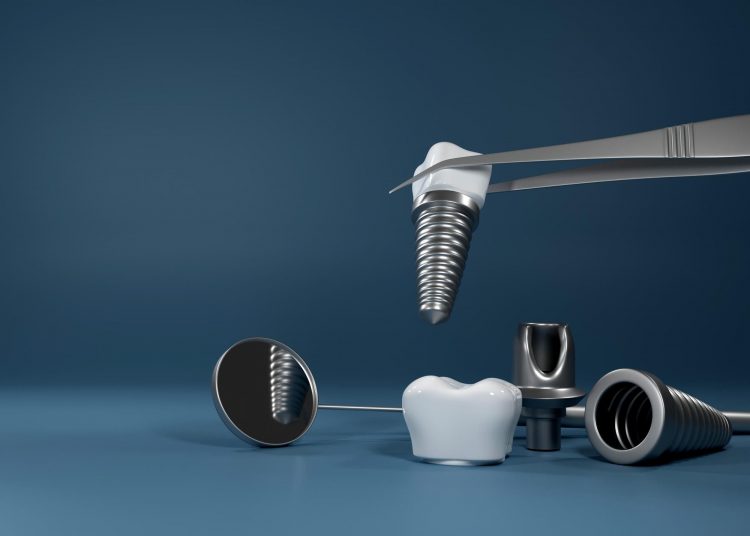If you’ve done your research, you’ll know that dental professionals throughout the world view dental implants as the most effective tooth replacement option.
You probably already know that the only durable, long-lasting alternative for replacing missing teeth is dental implants. However, it’s more likely that you already know how expensive dental implants can be in the UK.
Therefore, it should come as no surprise that so many Britons want to know whether they can access this life-saving medication through the NHS and, if so, how to do so.
In this article, we’ll examine the requirements set forth by the NHS for dental implants and offer advice on how to improve your chances of approval.
We’ll also discuss how to reduce the cost of the procedure and the price of dental implants.
Are dental implants available through the NHS?
The short answer is “yes,” so go ahead.
However, we must warn you that there is much more to it before you rush to your neighbourhood cosmetic dentist.
Dental implants are sometimes provided by the NHS to patients with a demonstrable medical or therapeutic need. Even if having missing teeth is a serious issue, your application will not be accepted.
Many patients who would want NHS implants won’t qualify and will be forced to settle for less expensive, non-permanent repair options like bridgework or dentures. or to choose private treatment.
The NHS prioritises patients based on their medical needs because of the high demand for implants and the limited funding available to offer them.
The NHS-Funded Requirements:
We’re highlighting key elements from the Royal College of Surgeons’ 2019 report, which explains the prerequisites for dental implants paid for by the NHS.
Your likelihood of receiving NHS-funded implants rises if:
You suffer from an inherited or genetic disorder that causes you to have missing or deformed teeth. Patients with congenitally lacking teeth, as an illustration.
However, there is no certainty that patients who have lost their teeth as a result of trauma will be approved for implant treatment following a concussion because rules stipulate that alternative, more traditional replacement options should be investigated first.
Your teeth must be extracted as part of treatment if you have lost them due to cancer or another ailment.
Dentures cannot be worn by those who have lost all of their teeth in either one or both jaws. A professional must first vouch for the exhaustion and failure of all traditional options.
Additional Qualification Criteria
You must be a patient of a general dentist.
You must have routine examinations.
Have no untreated diseases, such as gum disease or tooth decay
Observe proper oral hygiene guidelines.
Do not smoke.
You might also not be approved for implant-funded medical care if you have uncontrolled diabetes.
a problem with your mental health
have poor oral health
experience bruxism
any blood or bone conditions
NHS implant picture
Are All-On-4 dental implants available through the NHS?
As only four implants are required, the All-on-4 dental implant technique and solution typically helps patients lower the cost of their procedures.
However, the NHS hardly ever employs or provides the All-on approach. If you are missing every tooth, it’s likely that you will receive denture implants, which only require two implants to attach an overdenture.
Although your gums may continue to feel some biting force, these implants will help to maintain your dentures more firmly in place.









